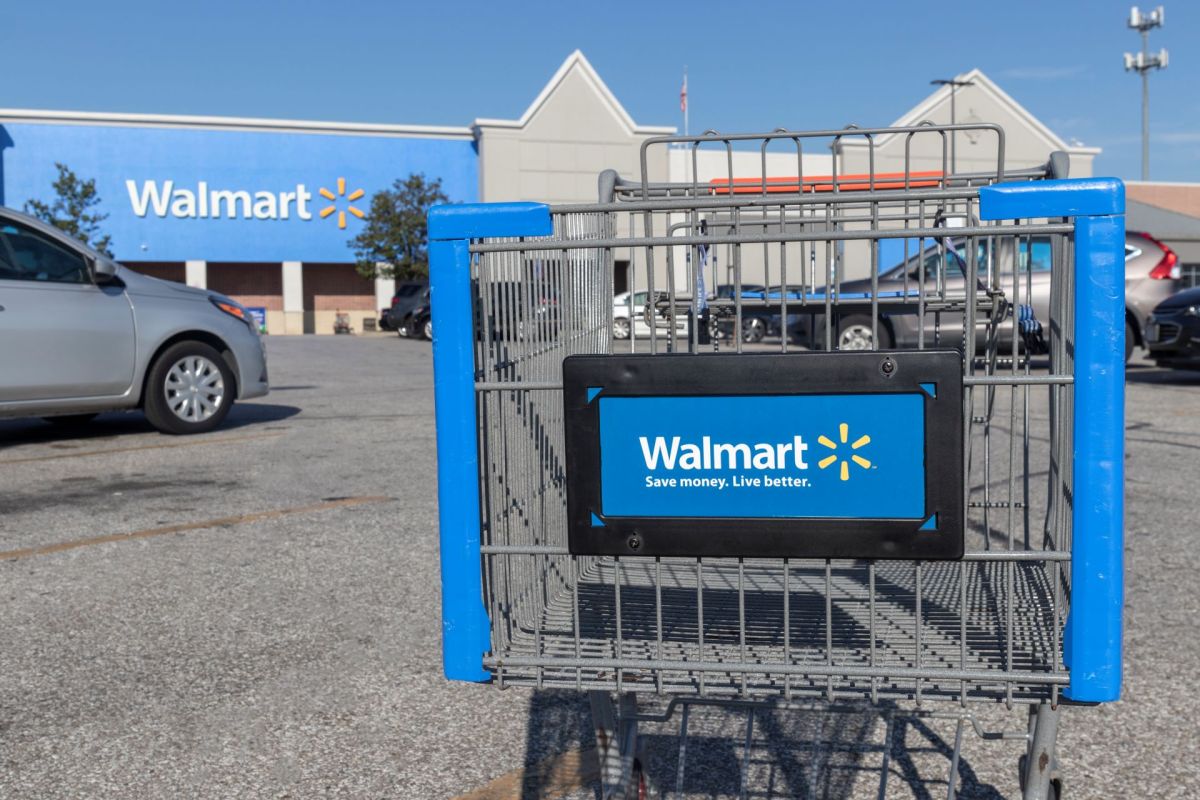For years, the American Chemistry Council's Wrap Recycling Action Program (WRAP) has encouraged shoppers to drop off their used plastic bags at Walmarts, Targets, and other public locations to be recycled. However, an investigation by ABC News recently revealed that few bags ever make it that far.
What happened?
ABC News placed 46 electronic trackers inside bundles of plastic bags which it dropped off at WRAP collection sites across the country, according to its report. It then traced where the bags went.
Of the dozens of trackers, the news outlet reported that around half went to landfills or incinerators, where the burning plastic adds to local air pollution. Several bags either stayed at the stores where they were dropped off or went to waste transfer stations without facilities for recycling plastic bags.
Out of 46 trackers, only four actually ended up at facilities that could recycle plastic bags.
Courtney Williams, who has lived for over a decade near the Wheelabrator waste-to-energy incinerator near the Hudson River in Peekskill, New York, told ABC News that the plant has made her regret moving to the scenic location because "I worry what risk I put my children in."
A 2021 report revealed a far higher rate of asthma cases and hospitalizations in Peekskill than nearby Westchester County.
"It makes me furious," Williams told the outlet after a bag from its investigation pinged at Wheelabrator. "Companies that are supposed to be properly disposing of this stuff are exacerbating these conditions and making it worse for my community."
ABC News also reported that at least three of the trackers ended up overseas in Indonesia and Malaysia, both countries that have severe problems with imported trash.
Judith Enck, president of Beyond Plastics and a former regional administrator for the Environmental Protection Agency, told ABC News, "No responsible waste company in the United States, no responsible local government should be exporting plastic waste to other countries."
Why is this a problem?
While plastic is often advertised as recyclable, 95% of it is never actually collected and reused — a figure so stark that Greenpeace calls plastic recycling in the U.S. a "failed concept." Plastic bags, in particular, are notoriously difficult to recycle because they can get caught in recycling machines, ABC News reports.
As this experiment has demonstrated, the problem goes beyond individual choices. Even buyers who try to recycle their plastic bags have no way of knowing where a full recycling bin goes — and too often, the answer is "the same place as the ordinary trash."
Deceptive programs like WRAP take away individuals' ability to make informed choices about the materials they use. Not only that but dumping and incinerating plastic bags actively contributes to pollution, which causes health problems and contributes to Earth's rising temperature.
What can we do about plastic waste?
As ABC News points out, groups like American Chemistry Council that have pushed plastic recycling are often the same groups that fight against restrictions on plastic manufacturing. The plastic industry profits from keeping the focus on individual choices when the problem is the plastic itself. New laws regulating plastic bags and other difficult-to-recycle materials could be the best way to control the problem.
Meanwhile, concerned individuals can choose reusable cloth or recyclable paper bags for their groceries.
Join our free newsletter for cool news and actionable info that makes it easy to help yourself while helping the planet.









